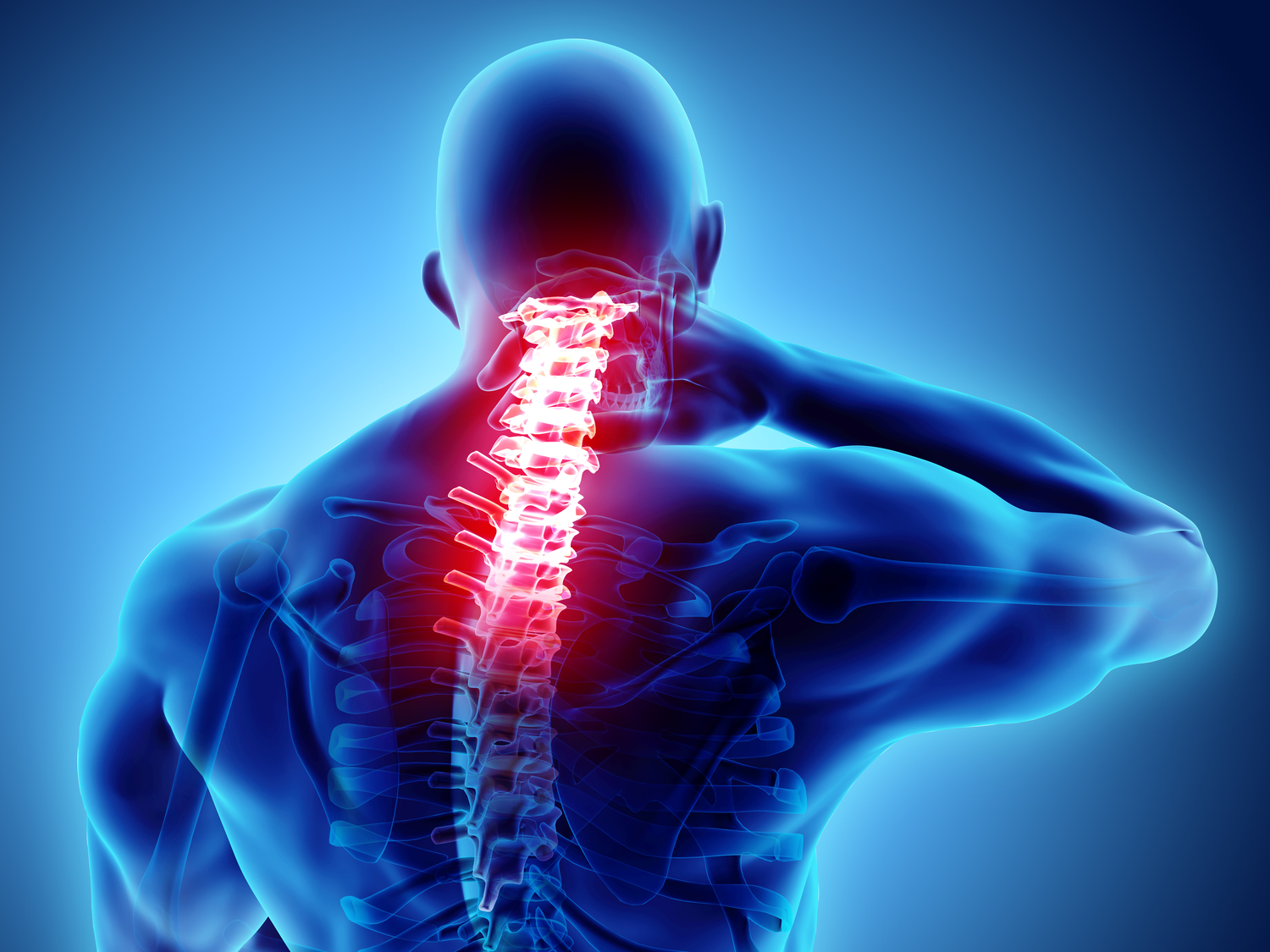Common Causes and Signs of Neck Discomfort
This article explores common causes and symptoms of neck discomfort, emphasizing when to seek medical help. It covers structural issues, inflammation, injuries, and related health conditions like arthritis, nerve compression, and more. Recognizing signs early can prevent serious complications, guiding readers on proper care and prompt consultation whenever needed.

Understanding the Causes and Symptoms of Neck Pain
The neck comprises a series of vertebrae extending from the base of the skull to the shoulders. These bones, along with muscles and ligaments, support the head and enable movement. Cervical discs act as cushions between vertebrae, promoting flexibility and stability.
What Leads to Neck Pain?
Experiencing neck stiffness or pain can be due to structural issues, inflammation, injury, or poor posture habits. Excessive use, repetitive movements, falls, sports injuries, or sudden jerks are common causes.
Neck discomfort may also originate from other health problems, such as:
Muscle Strain: Poor sleeping positions, incorrect postures during work, or quick movements can lead to muscle tension.
Injuries: Accidents or sports impacts may overstretch muscles and supporting tissues, resulting in stiffness and pain.
Serious issues like fractures can jeopardize the spinal cord, causing severe pain. Other associated health conditions include:
Heart Problems: Neck pain might be a sign of a heart attack, especially if accompanied by sweating or nausea.
Meningitis: This infection causes swelling of brain and spinal membranes, leading to stiff neck, fever, and headaches. Urgent medical care is critical.
Arthritis: Rheumatoid arthritis can cause joint swelling and early neck pain, while osteoporosis weakens the bones, increasing fracture risk.
Muscle Diseases: Conditions like fibromyalgia cause widespread muscle pain, including in the neck and shoulders.
Degenerative Disorders: Spondylosis involves age-related disc wear, while herniated discs press on nerves, resulting in localized pain.
Spinal Narrowing: Spinal stenosis causes compression of nerves or the spinal cord, leading to persistent pain and inflammation.
Less common causes include congenital anomalies, infections, tumors, or spinal cancers.
When to Seek Medical Help?
Minor neck pain usually resolves within days, but persistent discomfort lasting over a week or accompanied by symptoms like fever, numbness, or difficulty swallowing needs prompt medical attention. Signs such as lumps, headaches, swollen glands, weakness, or mobility issues also require immediate evaluation. Doctors may perform exams and tests to identify the root cause.
Reminder:
This content aims to inform but does not replace professional medical advice. For diagnosis and treatment, always consult a healthcare provider. The information may not reflect all current treatments or updates.


